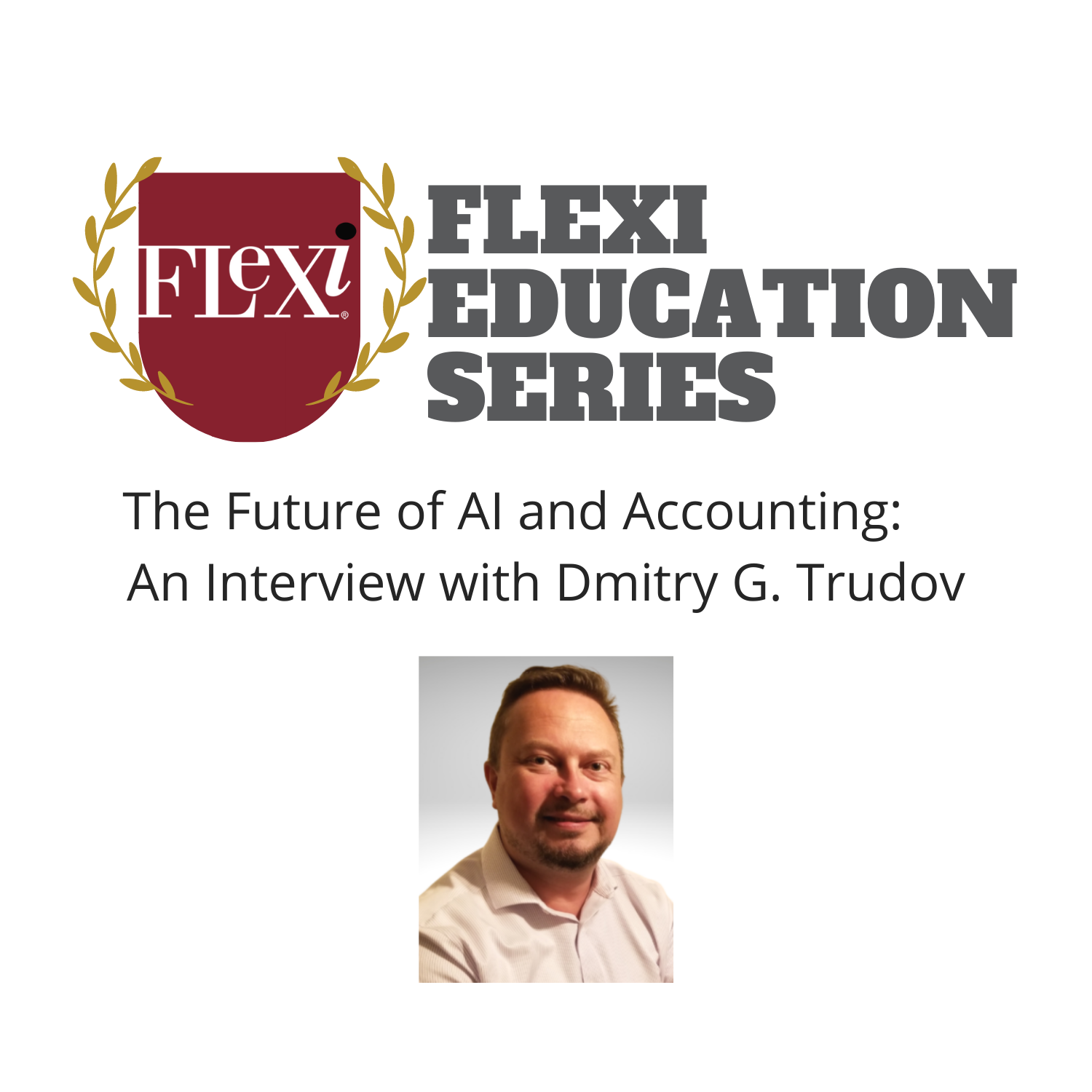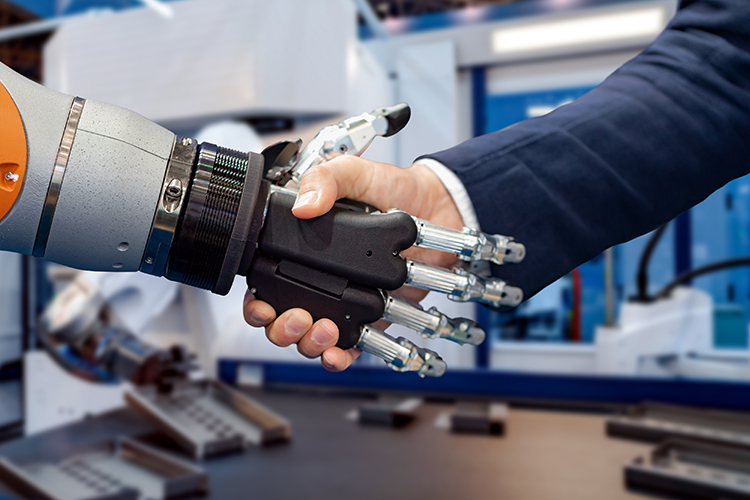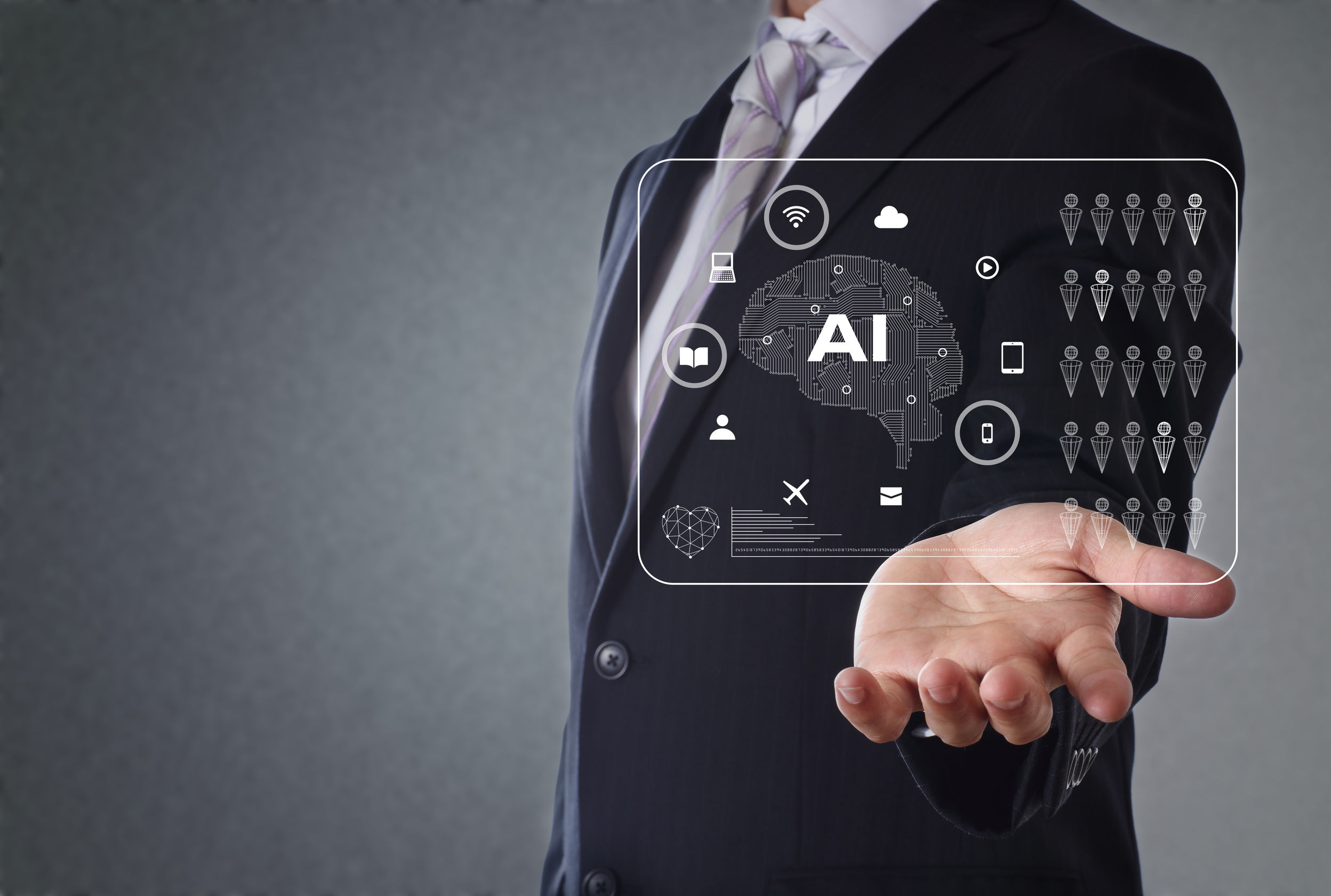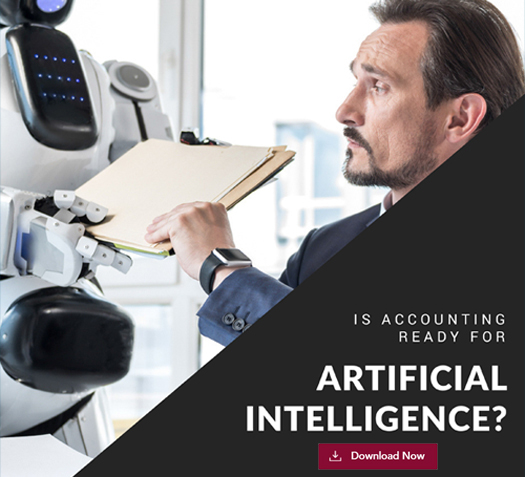In our continuation of the Flexi Education Series, we recently had the pleasure to sit down with Dmitry Trudov, President at Flexi Software. The purpose of the conversation was to talk about where accounting is in the grand scheme of emerging technologies such as AI, Machine Learning and RPA. We were most curious about what the next evolution might be in accounting, what are some of the current user trends, and what Dmitry’s view is from a 30,000-foot view level.
Q: Dmitry thanks for taking the time to speak with us. I know you are busy working on the next version of Flexi Software, but beyond that, what is keeping you up at night? Is it AI and machine learning? Business Intelligence? Workflow automation?
Dmitry Trudov: All the above. Some are still in a growth mode and others are a little more defined. In the end, it is all about the quest in understanding structured information and getting to the holy grail of accounting: anticipating, planning, and forecasting. Quite simply, the path forward needs to be based on historical data.
Q; So the reason why everyone is so hot on AI, automation and ML is to not only automate what is possible but also to have systems that can look at trends and make determinations. Trust the machines, essentially.
DT: Right. A machine’s understanding of the data is where we want to go. In other words, it will be much more informative and valuable for a user to see what the machine thinks about where the business is going to be a year from now. Historical data is invaluable.
From a real-world perspective, a lot of machine learning techniques are now being used by people in hedge funds. Before, they paid a lot of money for PhDs to come up with algorithms to simulate stock movements and predict the stock flows. Now, increasingly, they just write machine learning algorithms.
In addition, a lot of people talk about how they want to look at historical data better and how they want a better user experience. But there is a big difference between automation and intelligence. For example, when we want the machine to do the same thing every time like our existing process, that is RPA. And heaven forbid if there is an extra comma somewhere – that’ll mess everything up! My point is there is no intelligence there. There’s automation, but there’s not intelligence.
Q: Do you think the accounting industry, within the last three years, is finally wrapping its arms around RPA? I feel like there is a lot of talk about accounting automation and AI but there hasn’t been a lot of advancements in it.
DT: Correct. Because it is not easy to write machine learning algorithms that add intelligence. There are not a lot of people who can do that today and whoever can develop that is spending their time not on accounting and finance but on banking, hedge funds and trading, because that’s where the money is. Eventually it will evolve, and we’ll get there.
Q: Do you think it’s moving quickly or is it at a snail’s pace
DT: I think it’s going to be slow because accountants aren’t what you call, early adopters. Believe it or not, a lot of accountants still print everything.
Q: Creatures of habit, right?
DT: Somewhat, but it is probably more about trust. Accountants do not trust computers, which is largely driven by the notion that all ERP systems have “some” problems. Although it is much more stable now, many still remember how it was 10 years ago. They still remember those times when everything crashed and burned and the only thing they had to rely on was something that they printed. And when a company’s finances are at stake, it’s not easy to build that level of trust.
Imagine, then, if we ask them to not only trust the fact that the computer can aggregate the numbers, but we also ask them to trust that the computer can make decisions on which journal entry to enter or what adjustment to make.
Q: I know you have heard this, but it has been said that one of the biggest fears of accounting automation, and probably AI in the same breath, is that accountants are worried about losing their jobs. And the rebuttal is, ”no you’re not losing your job; you’re going to have more time to do more strategic activities” … Do you buy into that?
DT: Yes, absolutely. It’s just like when things went to the cloud, a lot of IT people were afraid of losing their job because they no longer had the server room to play in. But did they lose their job? No. They found much better jobs. If there is anything that an accountant needs to be afraid of, it’s not AI, it’s the fact that accounting is going to go the route of IT and it’s all going to be converted into some kind of services organization that just provides you with the service of doing your accounting.
Q: So, you’re saying accounting as a service?
DT: Yes. In fact, there’s research out there that says by 2030 accounting will be pretty much converted into a service rather than a department. Just like IT now mostly gets converted to cloud services. The work is going to be done in what they call accounting factories. Right now, we’re seeing that trend. As an example, InfoSync is an accounting factory providing accounting services to over 8000 restaurants, and one of our clients. We realized early on that Flexi Software is actually a perfect platform for outsourcing companies (BPOs) to do just that, provide accounting services.
Q: When you say accounting factory, you are basically saying that somebody is outsourcing their accounting activities, right?
DT: Yes and no. There are the big firms that have practices around this, like Cognizant and Infosys. Outsourcing accounting is not a new concept, but what I’m talking about is slightly different. This is about transplanting your accountants into more strategic roles, and relying on accounting factories to take on the more traditional accounting functions that can be done much more efficiently with automation technology that would be cost prohibitive to build yourself. AI, for example, would require a huge investment to build and buy AI components to then load into an accounting system. So, if each individual company had to purchase that, it would be a pretty large investment and likely would not make sense for a company that is not focused on accounting. But for an accounting factory, this IS their focus and that high cost can be spread across multiple clients. And from an AI standpoint, AI does not care if it processes one invoice or ten or a million, it will do exactly the same thing. It will just be running and crunching this information, leveraging the same software.
Q: That’s interesting. This is a broad-based question but five years from now, what will be the impact of AI and automation in accounting? Are we going to be further along or are we still going to be just talking about it?
DT: AI is happening. Some of the machine learning is very easy to put in place. The question becomes though, how transformative will those things be? In reality, probably not that much because making things quicker and easier is not truly transformative.
When a software can really do something long term, like anticipating things that need to happen at the end of the quarter or the end of the year, offering up checklists of things you can anticipate and/or do right away, and sometimes even doing it for you, those sorts of things are really transformational. Because what an accountant does is they run a report, look at it and say, “Oh my goodness, I have to fix this and then re-run the report…” (sometimes over and over again) The AI is the software that would read the report for them and instinctively say, “oh, I need to fix this before I deliver this report.” When AI is at that level, and it has to get to that level, then we will have had a transformation.
Q: So, can we be there in five years?
DT: Well, when did they say that the singularity is going to happen? When computers will be as smart as a human? 2028 originally (but that continues to be a moving target).
Q: Yes, a moving target! Dmitry, thank you so much for your time, this was really fascinating.
DT: You’re welcome.
WANT TO KNOW MORE ABOUT THIS TOPIC?
Download our whitepaper, AI in Accounting and learn how accounting and finance organizations are being transformed by Artificial Intelligence.







